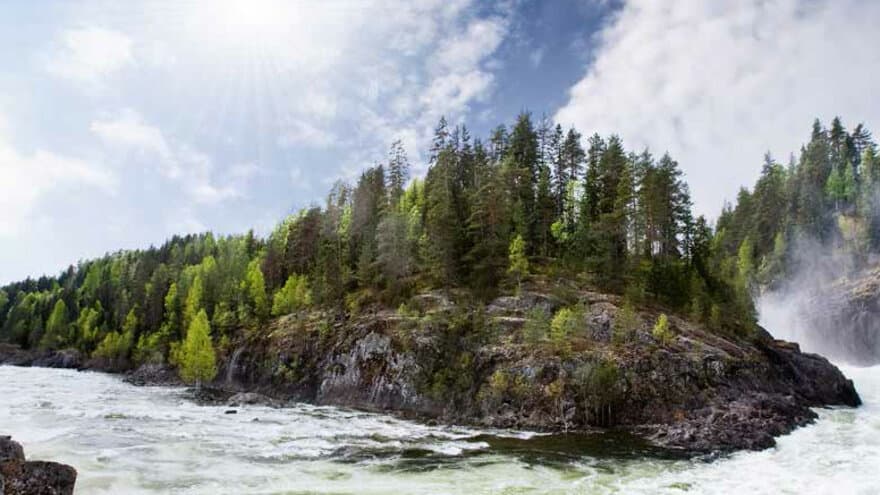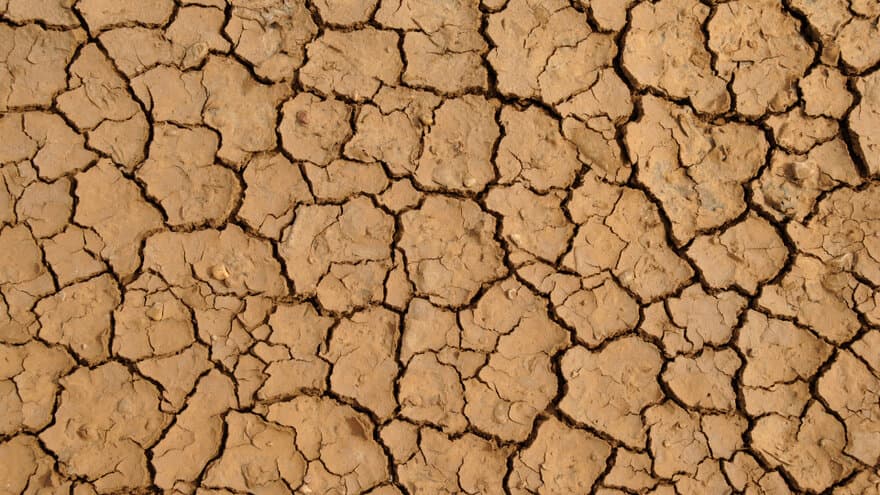Master's degree (2 years)Full timeInternational Environmental Studies
NMBU's International Environmental Studies Master's degree (M-IES) provides in-depth knowledge of the relationship between society and nature, and how governance and economic structures influence current environmental trends. The degree builds competence for addressing environmental challenges at global, national, and local levels.
ECTS credits:
120
Application deadline:
Applicants outside EU/EEA: 1 December
Norwegian, Nordic, EU/EEA and Swiss citizens: 15 April
Start of Studies:
Autumn
Required points:
Requirements:
Applicants must hold a Bachelor's degree in one of the academic fields specified in the 'Requirements in detail' section below:
Requirements in detail
Master of Science. Two-year, full-time, 120 ECTS
Language of instruction: English
Everyone on Earth depends on nature — for the food we eat, the water we drink, the air we breathe, and even for our happiness and peace of mind. But in the last fifty years, humans have changed the planet’s ecosystems faster than ever before, and many scientists are warning that this is becoming a serious problem.
To create a better and more sustainable future, we need to understand how nature works — and how our actions affect it. Building a world where people and the planet can thrive together means having smart, creative people who can study, plan, and take action for positive change.
As a student in the International Environmental Studies Master's program (M-IES), you will get to explore the fascinating connection between people and the environment. You’ll learn how societies use natural resources, how to protect ecosystems, and how to come up with new ideas for solving real-world challenges — like climate change, pollution, and sustainable development.
You will dive into exciting courses dealing with environmental governance, social transformations, political ecology, de-growth, and sustainable food systems — all designed to help you understand how people and the planet can thrive together.
Along the way, you will learn from internationally recognized professors and study alongside a diverse, global group of students who share your passion for making a difference. Our teaching is closely connected to real-world research, and we often bring in experts and professionals working in environmental management and policy, so you’ll see how ideas are applied in practice.
You will also have the chance to join field courses in places like India and Tanzania, and take part in internships with organizations in Norway and abroad. Plus, you can spend one semester studying in another country, giving you fresh perspectives and valuable experience.
All of this will broaden your knowledge, strengthen your career opportunities, and connect you to a truly international community of changemakers.
As a graduate of our Master's program you can go on to exciting careers in government, environmental organizations, consulting companies, or global development agencies — helping make the world a cleaner, greener, and fairer place for everyone.
Student accommodation:
Accommodation close to our beautiful campus is offered through NMBU's Student Welfare Association (SiÅs). International students are prioritized for on-campus housing, though this is not guaranteed. We recommended that you apply for accommodation immediately after accepting your admission offer to secure housing. Read more.
M-IES is a two-year, full-time English-language degree.
Career opportunities
M-IES students develop professional and analytical research competences that employers seek. You will be qualified for employment in a wide range of national and international organizations, including government agencies, education and research institutions, media, business, and non-governmental organisations.
Alumni Features
Bijaya Neupane - Researching Wildlife and Protected Area Management
Jessica Giannoumis - Aquatech Community Manager Ireland
Astrid Tveteraas - Head of Section for Food in Norad
Learning outcomes
Exchange possibilities
Program structure
More about the program
Study advisor(s):


